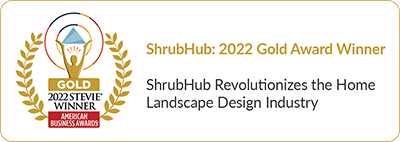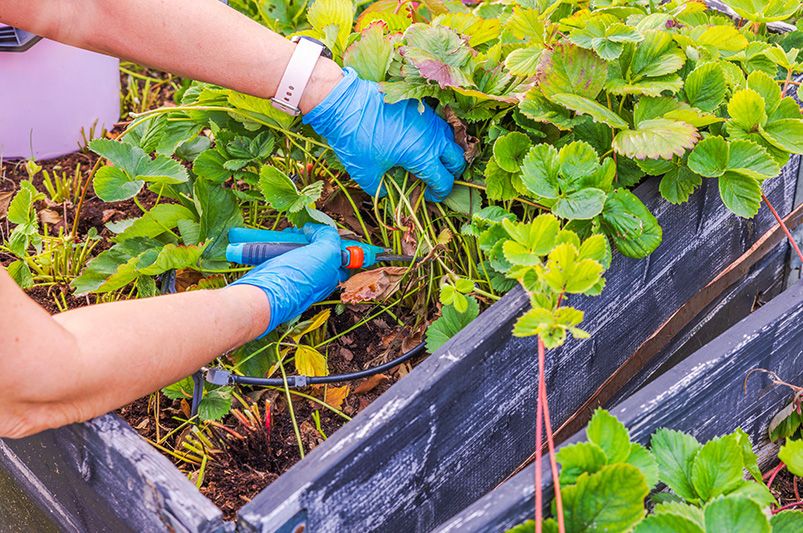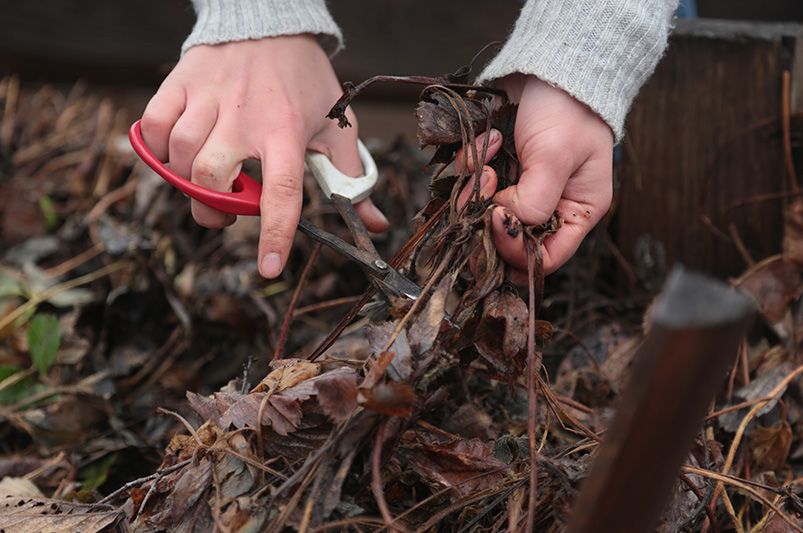
Best Fall Tips for Enhancing Raised Garden Bed Soil
Published: 01/11/2024 | Updated: 31/10/2024
Key Highlights
- Fall is the perfect time to enhance your raised garden bed soil for a thriving garden next year.
- Incorporating organic matter like compost and leaves boosts soil fertility and structure.
- Adding a layer of mulch helps retain moisture, moderate soil temperature, and suppress weeds.
- Planting cover crops in the fall adds nutrients back to the soil and improves its overall health.
- Preparing your raised bed soil in autumn leads to healthier plants and a more productive garden come spring.
Introduction
As summer ends and autumn arrives, we need to change our focus. It's time to prepare our raised garden beds for the next growing season. Just like us, our gardens need care in the fall. The first step is to improve the soil. If we add the right soil amendments now, we will set up our gardens for a good and healthy growth next spring.


Understanding the Importance of Fall Soil Preparation
Throughout the garden season, our raised beds do a lot of work. They give nutrients and support to our vegetables, herbs, and flowers. However, as plants take in nutrients from the soil, it gets worn out over time. This means the soil becomes less fertile.
To fix this, you can add organic matter like compost or aged manure. Planting a fall cover crop will also help. These actions will bring back the nutrients that were lost. They make the soil better, improve drainage, and help it hold moisture. By doing this in the fall, you give these materials enough time to break down. This will make the soil rich and ready for your plants in the spring.
Why Fall is the Key Time for Soil Enhancement
Fall is the perfect time to care for your garden soil. As the air cools down, the soil is easier to work with. The cooler weather and more rainfall help organic matter break down quickly.
In this environment, good microorganisms thrive. They help break down compost and cover crops, putting nutrients back into the soil. By spring, your raised beds will be full of life, ready for strong plant growth.
Using this natural cycle is essential for raised bed gardening. If you ignore your soil in the fall, it can become compacted and lose nutrients by spring. This makes it harder for your plants to grow and can cut down your harvest.

The Role of Soil Health in Plant Growth
A healthy raised bed soil is key to a successful garden. It all begins with the active microorganisms in the soil. These small but important creatures help break down organic matter. They release nutrients in a way that plants can easily use.
When the soil does not have enough nutrients, plants have a hard time growing. They can become weak and are more likely to get pests and diseases. You might see little growth, yellow leaves, or low fruit production.
In contrast, healthy raised bed soil is full of organic matter and helpful microorganisms. It gives plants the nutrients they need to grow well. It's like feeding your plants a great meal instead of fast food!
Essential Soil Amendments for the Fall Season
Now that you see why fall soil preparation matters, let’s talk about the soil amendments you should add to your raised beds. These amendments help make the soil more fertile, improve its structure, and encourage good microbes to thrive.
Two important things for enhancing soil in the fall are organic matter, like compost and leaves, and mulch. These amendments give nutrients to the soil slowly over the fall and winter.
Incorporating Organic Matter: Compost and Leaves
Compost is often called black gold, and for good reason. It is a gardener's best friend! It is full of nutrients and helpful microorganisms. This helps bring life back to tired soil. Leaves also help a lot. They are a great source of carbon, which is important for healthy soil.
When you add compost to your raised beds, try to make a layer that is about 2-3 inches deep. You can mix it gently into the top few inches of soil or use it as a top layer.
Here are some extra tips to add organic matter:
- Shred leaves to make them break down faster.
- If you use fresh manure, let it sit for several months before adding it to your beds. This will keep your plants from burning.
- Think about adding worm castings. They are another great source of organic matter and nutrients.

The Benefits of Adding Mulch to Protect and Enrich Soil
Adding mulch to your raised garden beds in the fall is like getting them ready for a nice winter sleep. Mulch acts like a warm blanket. It keeps the soil safe and helps with changes in temperature.
It also keeps moisture in, so the soil does not dry out when the winter winds blow. This is very helpful in places with tough winters. Plus, as the mulch breaks down, it gives organic matter to the soil, making it richer and better for plants.
Earthworms and other helpful soil creatures enjoy mulch! It gives them a home and food, helping them grow. They can then improve the soil’s structure and aeration.
Introducing Cover Crops: Nature's Way of Soil Enrichment
Cover crops are a great, natural way to improve the soil in your raised garden bed. You plant these fast-growing crops in the fall. Then, before they make seeds in the spring, you mix them into the soil.
Cover crops help in many ways. They add organic matter to the soil, stop weeds, and prevent erosion. They also attract helpful insects and break up hard soil. Cover crops act like a green team that works to make your garden healthier!
Types of Cover Crops for Raised Garden Beds
Not all cover crops are created equal. Each one offers unique benefits based on your soil needs and regional climate. Here are a few popular cover crop options for raised garden beds:
|
Cover Crop |
Benefits |
|
Clover |
Fixes nitrogen, attracts beneficial insects |
|
Alfalfa |
Fixes nitrogen, deep roots break up compacted soil |
|
Winter Rye |
Improves soil structure, suppresses weeds |
|
Buckwheat |
Attracts pollinators, suppresses weeds, short growing season |
When selecting cover crops, consider your soil type and what you plan to grow in the spring. For example, if you're planning on planting heavy nitrogen feeders like cabbage or kale, legumes such as clover or alfalfa are an excellent choice.
How Cover Crops Improve Soil Structure and Fertility
Cover crops are helpful plants that work hard to improve your soil. Their roots dig deep into the ground, creating spaces that help air and water move better. This is great for heavy clay soils that can get squished down easily.
As cover crops grow, they gather nutrients from deep soil layers and bring them up for your vegetables to use. When you mix them into the soil, they break down, adding good organic matter and releasing nutrients back into the ground.
In short, cover crops serve as a natural type of fertilizer and keep your garden bed full of life. They help your plants grow strong and healthy.

Conclusion
In conclusion, getting your raised garden bed soil ready in the fall is important for a great growing season. By improving the soil with organic matter like compost and leaves, adding mulch for protection, and using cover crops for natural enrichment, you make a good environment for healthy plant growth. Knowing how important fall soil preparation is and using these soil improvements can help the soil's structure and fertility. This also encourages sustainable gardening. Use these tips to care for your garden bed and look forward to a good harvest in the coming seasons. Remember to share your gardening experiences on social media to inspire other people!
Frequently Asked Questions
What makes fall the ideal time for soil amendment in raised beds?
The fall season brings cooler temperatures. This is a good time for compost and other organic matter to break down. It helps to enrich the garden soil before the next growing season. This rest period is good for the overall soil health in raised beds.
Can I use fallen leaves as a natural soil enhancer?
Fallen leaves are great for adding organic matter. You can put them in your compost pile. Alternatively, you can shred them and spread them on your garden bed as mulch. This will help improve your soil nutrients.
How do cover crops contribute to soil health?
Cover crops, especially legumes, are great for soil health. They help add nitrogen to the soil and boost organic matter. This process promotes good microorganisms when they are tilled in.
What is the best way to incorporate compost into raised bed soil?
In autumn, put a 2- to 3-inch layer of compost or worm castings on your raised bed soil. Gently mix this into the top few inches. You can also use it as a top dressing.
Need Assistance for a Complete Landscape Makeover?
Shrubhub’s landscape design packages can significantly transform the lives of homeowners by delivering customized, professional landscaping plans tailored to their unique space and personal style. With the ease of online collaboration, you are guided step-by-step through a design process that fundamentally reshapes your outdoor environment. The result is an aesthetically pleasing and functional outdoor living area that maximizes the potential of your property.


